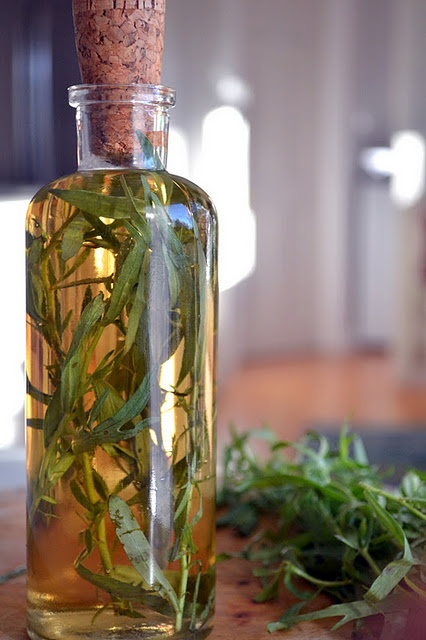
Vinegar is well recognized as a green cleaning and sanitizing agent. It is especially effective in removing inorganic soils and mineral deposits, such as hard water films. As a sanitizer, it is effective against a broad range of bacteria, yeasts and mould, destroying or reducing these organisms to acceptable levels. Find out what makes vinegar the perfect home remedy, good for almost about everything.
Additionally, vinegar has been found to be effective as a rinse agent in reducing levels of E. coli on various countertop’s surfaces (e.g., laminate, wood, tile, concrete, stainless steel and granite).
Vinegar has been used commercially for multiple purposes:
1. To kill microorganisms in slaughterhouses and poultry plants;
2. To reduce mineral and lime deposits in lavatory pipes;
3. To prevent milk stone build-up in tanks used by the milk industry;
4. To clean vehicles and equipment used in the construction industry;
5. To wash and rinse walls and ceilings in restaurants and food establishments.
Cleaning with vinegar is much safer and cheaper than using commercial products and has the following additional advantages:
- It’s biodegradable — a mild organic acid
- It’s easy to dispense and control
- It’s safe for stainless steel, used by the food industry
- It’s relatively nontoxic and stable, so – safe for handling
- It’s less likely to leave harmful residues behind
- It has a pleasant, clean smell
- It can be used where environmental considerations are especially important.
Please note: Using red wine or cider vinegar for alternative purposes should be avoided, because their colouring may cause staining. This is the main reason why white distilled vinegar is best for cleaning.
I hope you liked gaining insight into the many uses and applications of a simple natural product like vinegar, which were known to our grandparents and great-grandparents.
